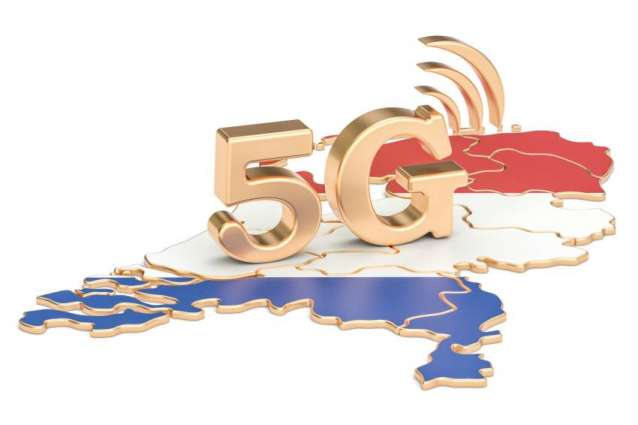Risk of influence that third countries may exercise on 5G network providers should be taken into account during preparations for 5G and future networks rolling-out, the statement, released on Friday, following the conclusion of the two-day Prague 5G Security Conference, said.
MOSCOW (Pakistan Point News / Sputnik - 03rd May, 2019) Risk of influence that third countries may exercise on 5G network providers should be taken into account during preparations for 5G and future networks rolling-out, the statement, released on Friday, following the conclusion of the two-day Prague 5G Security Conference, said.
The conference, held in the Czech capital, aimed at providing non-binding recommendations for introducing 5G networks safely. It also focused on countering cyberthreats. The event, held under the auspices of Czech Prime Minister Andrej Babis, united dozens of 5G and cybersecurity experts from different countries.
"The overall risk of influence on a supplier by a third country should be taken into account, notably in relation to its model of governance, the absence of cooperation agreements on security, or similar arrangements, such as adequacy decisions, as regards data protection, or whether this country is a party to multilateral, international or bilateral agreements on cybersecurity, the fight against cybercrime, or data protection," the statement read.
It stressed that communication networks and services should be designed "with resilience and security in mind" and in compliance with international consensus-based standards.
"Clear globally interoperable cybersecurity guidance that would support cybersecurity products and services in increasing resilience of all stakeholders should be promoted. Every country is free, in accordance with international law, to set its own national security and law enforcement requirements, which should respect privacy and adhere to laws protecting information from improper collection and misuse," the statement added.
The document also said that policies related to 5G networks and connectivity services should be based on transparency and equitability, take into account the global economy and respect the rule of law.
It also called on 5G network stakeholders to "regularly conduct vulnerability assessments and risk mitigation within all components and network systems."
"In order to increase the benefits of global communication, States should adopt policies to enable efficient and secure network data flows ... Customer whether the government, operator, or manufacturer must be able to be informed about the origin and pedigree of components and software that affect the security level of the product or service," the statement added.
The statement called on the stakeholders to "work together to promote security and resilience of national critical infrastructure networks, systems and connected devices" and to share experience,
Fifth generation mobile networks are the wireless telecommunication standards beyond the current 4G. The 5G networks are designed to have higher efficiency, capacity, density and reliability. According to various estimates, 5G networks are expected to be introduced by 2020.
Security vulnerability of 5G networks is causing global concern, with China, the leading 5G player, widely accused of making use of this vulnerability for gathering information.
Thus, Chinese telecommunication giant Huawei has faced intense global scrutiny, with a number of states alleging that it is linked to the Chinese government and even has been spying on its behalf. Although both Huawei and the Chinese government have firmly refuted these claims, Australia, Japan, New Zealand and the United States banned in 2018 Huawei from participating in government contracts, while several other countries have also expressed concerns.




